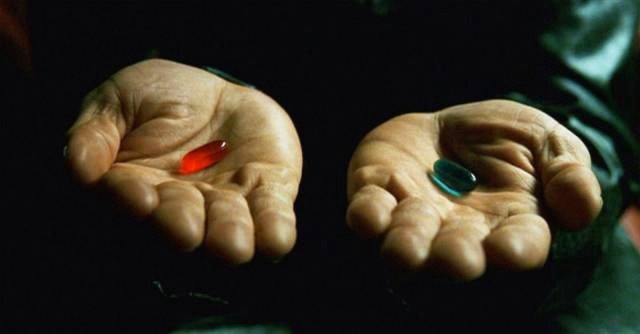Open Source Revolution and Blockchain
Open source software is everywhere in your daily life. You may or not realise it but you use it when you use your smartphone, purchase something from a shop or even in your car. According to a survey, 98 percent of enterprises use open source [1].
What does open source software mean? Open source doesn’t just mean access to the source code [2]. Open source software is defined as computer software whose source code is available to anyone for any purpose with a license that provides the rights to study, change, and distribute it [3].
It is not just a software that is available to anyone with a redistribution and modification right. It is a movement. There used to be encyclopedias at the 90s but we have Wikipedia now which is open source. Everybody can contribute to it to have a better information source and the result is that: it is as accurate as Britannica![4]
There are many foundations which leads to this innovation. Apache Software Foundation is the biggest one among them. I should say that the way of the digital world is changing with Open Source technologies day by day as a person who is Committer and PMC (Project Management Committee) of many top-level projects of Apache Software Foundation. Some of the companies who have open sourced their projects via Apache Software Foundation are Google, LinkedIn, and Yahoo.
So, what is the reason for that? The world is becoming much more collaborative. The way people think are changing. One developer develops a feature in a project and another one develops another feature to it but even a person who did not participate these development cycle can benefit from it. This results in a total benefit of humanity.
The same philosophy applies to many areas. I generate data on many applications and one can claim that the owner of the data is the application used or I am the owner of it or a whole community. On the other hand, we have a trust problem. People should trust to companies which collect all our data and make decisions according to them which we cannot know whether it is fair or not.
Decentralization is against to that concerns. We do not need a man in the middle, everything should be trustable, we should provide safety and accuracy. When we become more collaborative we can solve the problem of to need a man in the middle and trust and also safety. When we gather together we can verify whole the actions in a safe manner.
The web is transformed from Web 1.0 to Web 2.0 and it is transforming into Web 3.0. Web 3.0 is an internet where core services like DNS and digital identity are decentralized, and where individuals can engage in economic interactions with each other [5] even they are anonymous or not.
Blockchain is a solution for that. Ethereum and its smart contracts are the new revolutions for such manner. We are in the age of Internet bubble at Blockchain era and see that if humanity will achieve it or not.
[1] https://www.cnet.com/news/survey-98-percent-of-enterprises-using-open-source/
[2] https://opensource.org/definition
[3] St. Laurent, Andrew M. (2008). Understanding Open Source and Free Software Licensing. O’Reilly Media. p. 4. ISBN 9780596553951
[4] https://www.cnet.com/news/study-wikipedia-as-accurate-as-britannica/
[5] http://ethdocs.org/en/latest/introduction/web3.html
| Published on Java Code Geeks with permission by Furkan Kamaci, partner at our JCG program. See the original article here: Open Source Revolution and Blockchain Opinions expressed by Java Code Geeks contributors are their own. |





